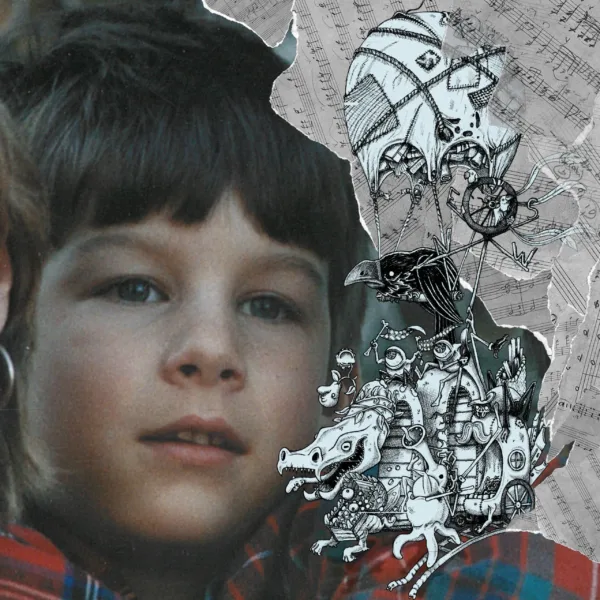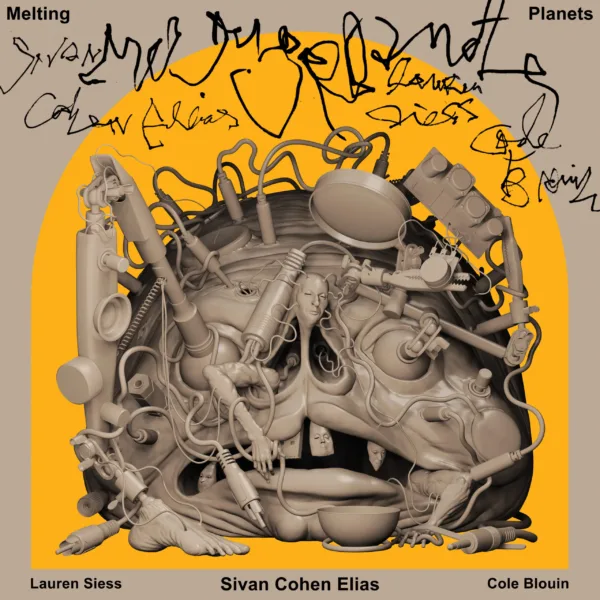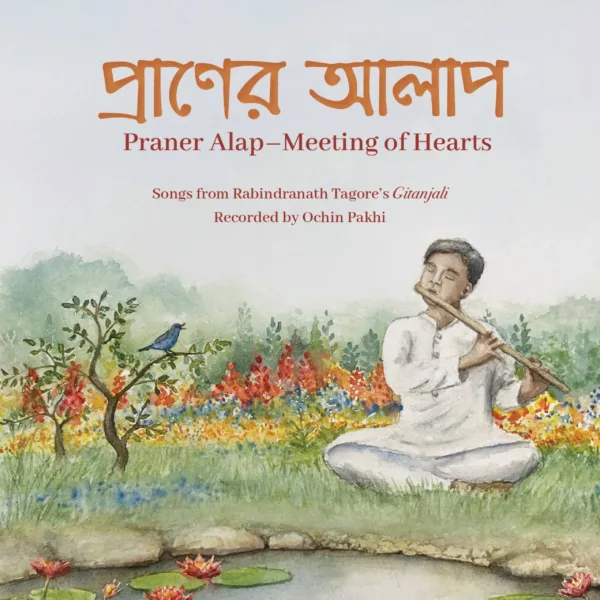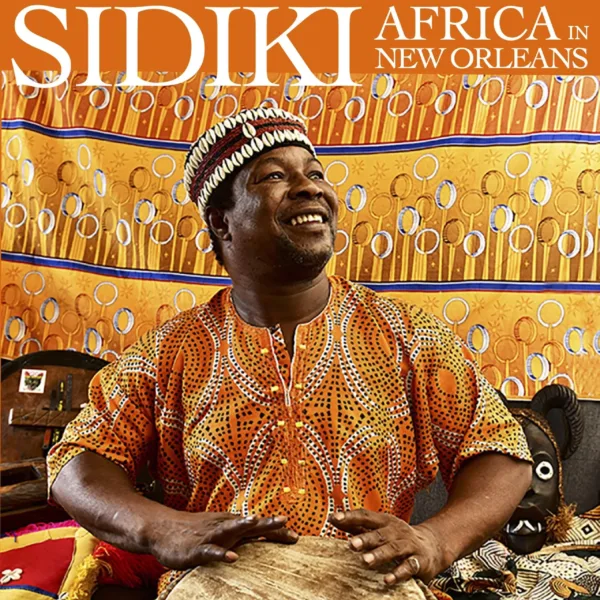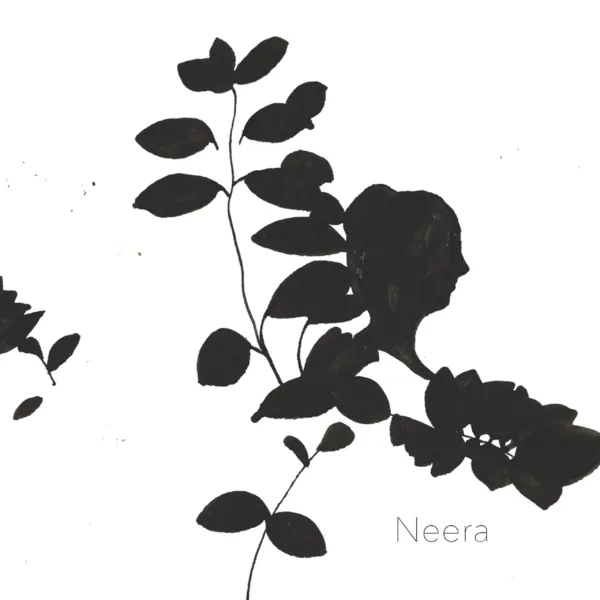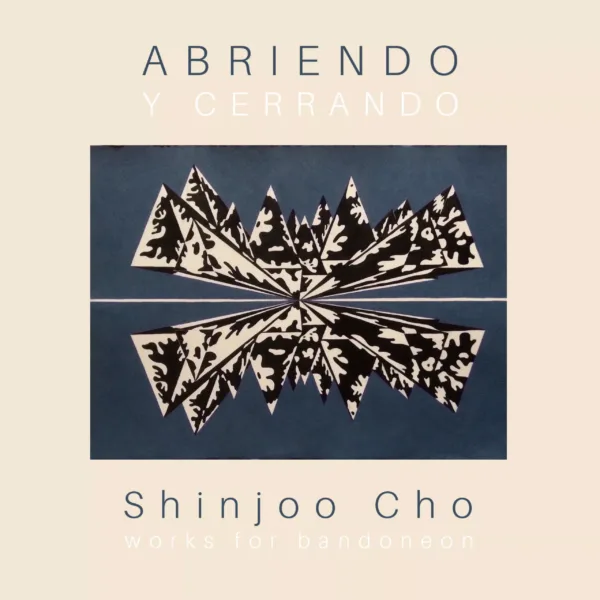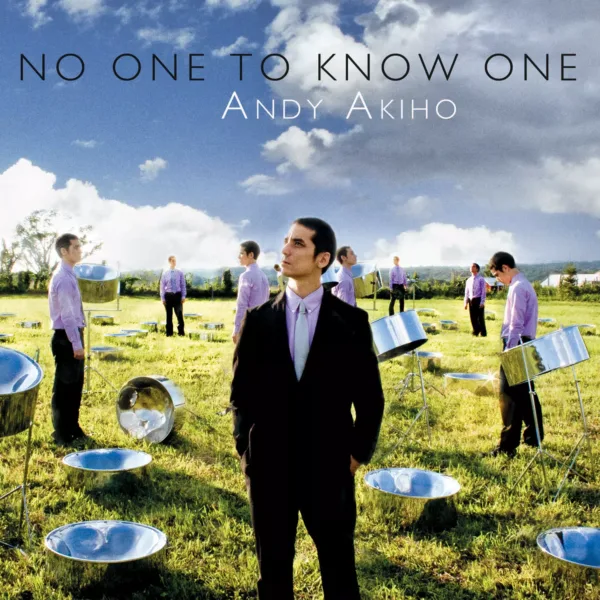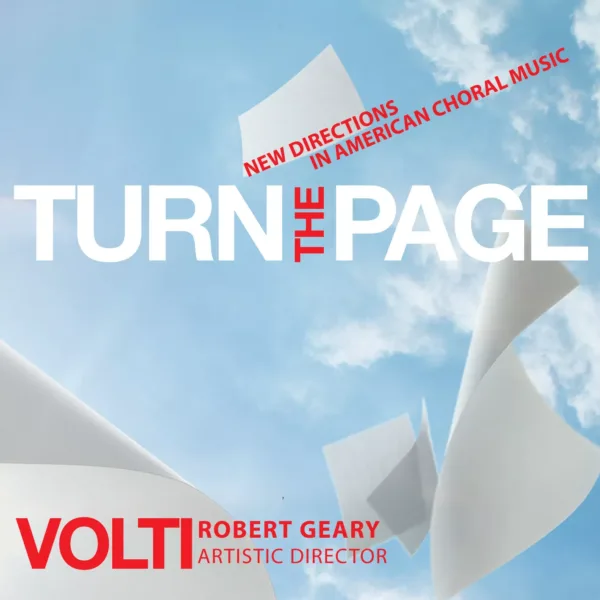Music of Shadows
Philip Blackburn’s music has been called trippy, hallucinatory, intense, and riveting. Music of Shadows, his follow up to the 2012 Ghostly Psalms (innova 246), is all those things and more. Verging on transcendental, it contains three substantial works that are explorations of ways of listening as much as they are music in the usual sense. They offer sensually sonic worlds to inhabit and wallow in; ambient landscapes of the dreaming mind and what you might hear there.
Two of them began as underground soundscape installations, as part of Blackburn’s Sewer Pipe Organ — to be played back inside St. Paul’s storm drain system near the Mississippi. The sounds emerging from manholes across a wide area brought awareness to the acoustic spaces normally hidden from daily consciousness. One work, Dry Spell, started as a steampunk cityscape of lost children amidst invisible Victorian factories, and distant voices of heavenly choirs and innocents trapped in forgotten playgrounds. By contrast, Still Points, is a more geometrical fantasy on the overtones of the 60-cycle electrical hum; a dance of pure rhythmic proportions (made on a recreation of Cowell and Theremin’s Rhythmicon instrument).
The final work, The Long Day Closes, is a modest statement on mortality originally created as the soundtrack to part of Blackburn’s film, The Sun Palace — an experimental multimedia work paying tribute to the TB era and one particular Colorado sanatorium where some of his ancestors chased the cure. With a 40-voice chorus from UC-Colorado Springs, instrumental ensemble, tape, and a solo clarinet recording by Bob Paredes added long after his death, the music is a sustained, soaring homage to those who live at the cusp of life and death every day. The sensation is not too far from classics such as Bryars’ The Singing of the Titanic or Ives’ The Unanswered Question.
The world of vision has shades of light and dark, densities, movement, and space, with transparent layers and areas of focus. Blackburn’s sound world likewise maps the inner ear to the outer world in stunningly imaginative, time-defying ways; leaving impressions and shadows in its wake.
Philip Blackburn is an environmental sound artist, composer, author (on Harry Partch), film-maker, designer, and sculptor. His musical pantheon includes Kenneth Gaburo, Harry Partch, Henry Brant, Pauline Oliveros, Harley Gaber, and many others he has encountered through his work at the innova label.
Music of Shadows was supported by New Music USA, made possible by annual program support and/or endowment gifts from Mary Flagler Cary Charitable Trust.
About Ghostly Psalms:
“Acoustic alchemist Blackburn.” — Thurston, KFJC
“…comparable to a protracted hallucination, distinguishable traces emerging from the indefinite awareness of a somewhat mystical inscrutability.”— Massimo Ricci
“[T]he listening experience is decidedly organic, if blissfully overwhelming.” — Doyle Armbrust, Time Out Chicago
“[The] trippy, occasionally apocalyptic [Ghostly Psalms] knocks reality sideways.” — Philip Clark, Gramophone
